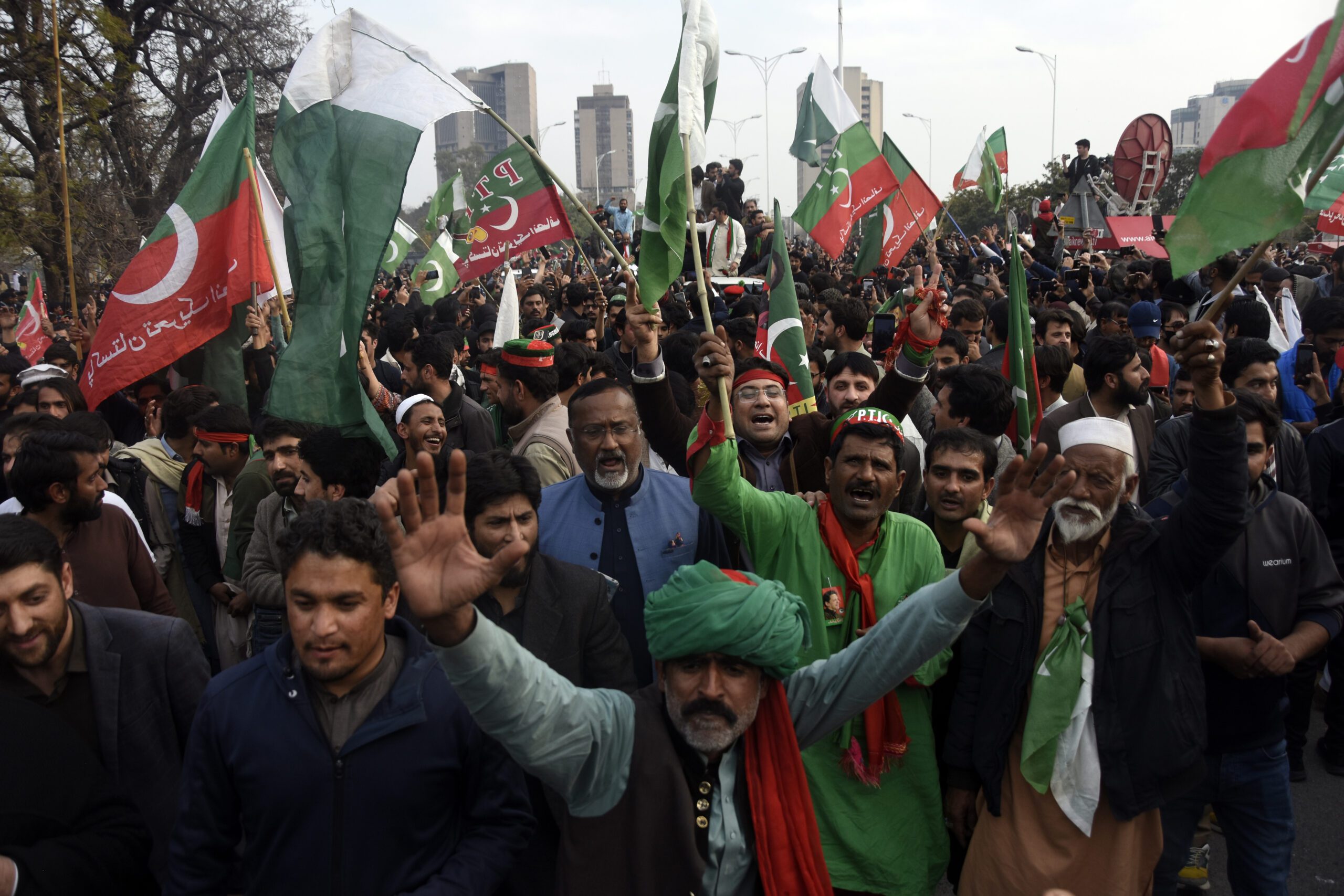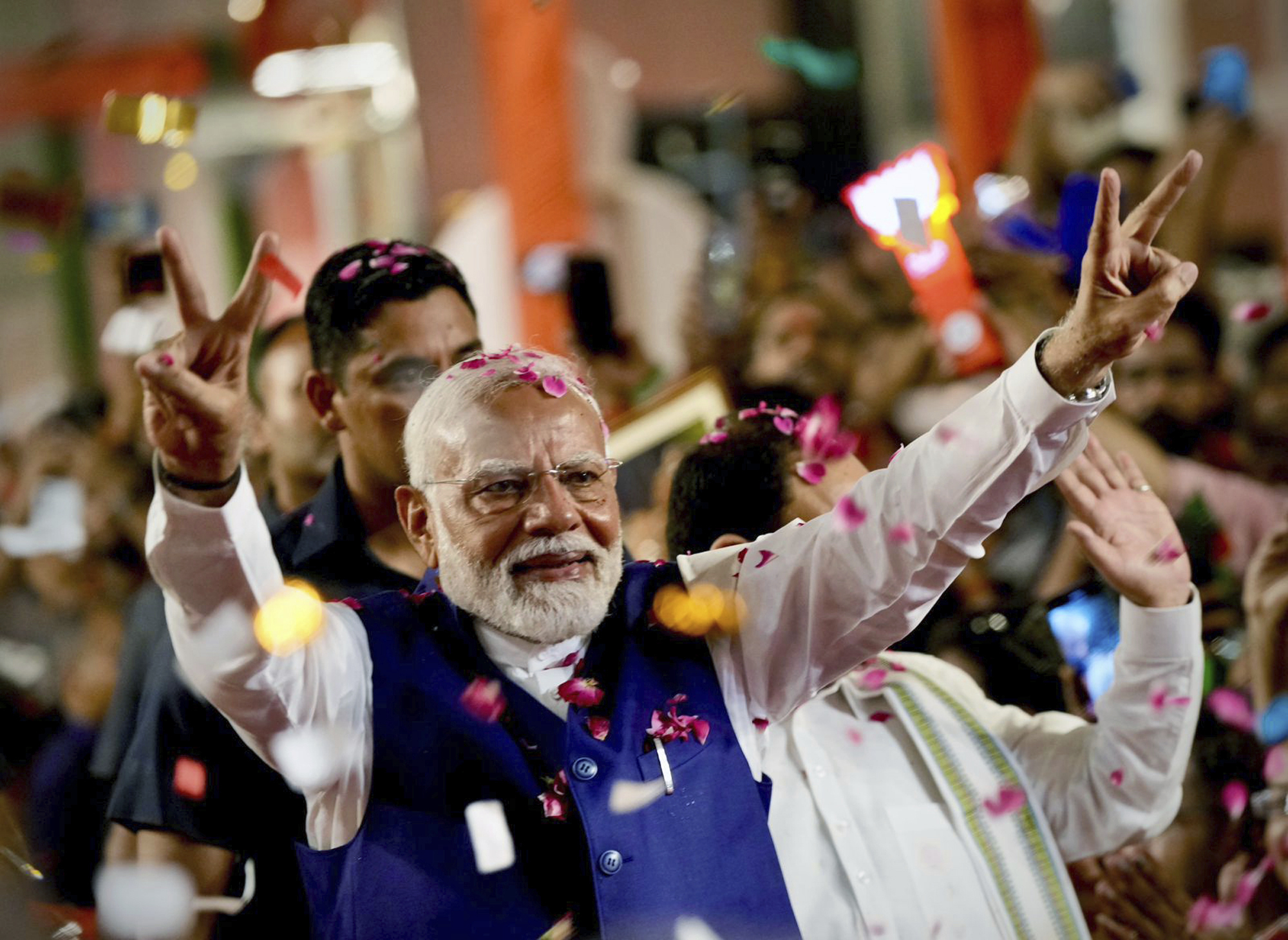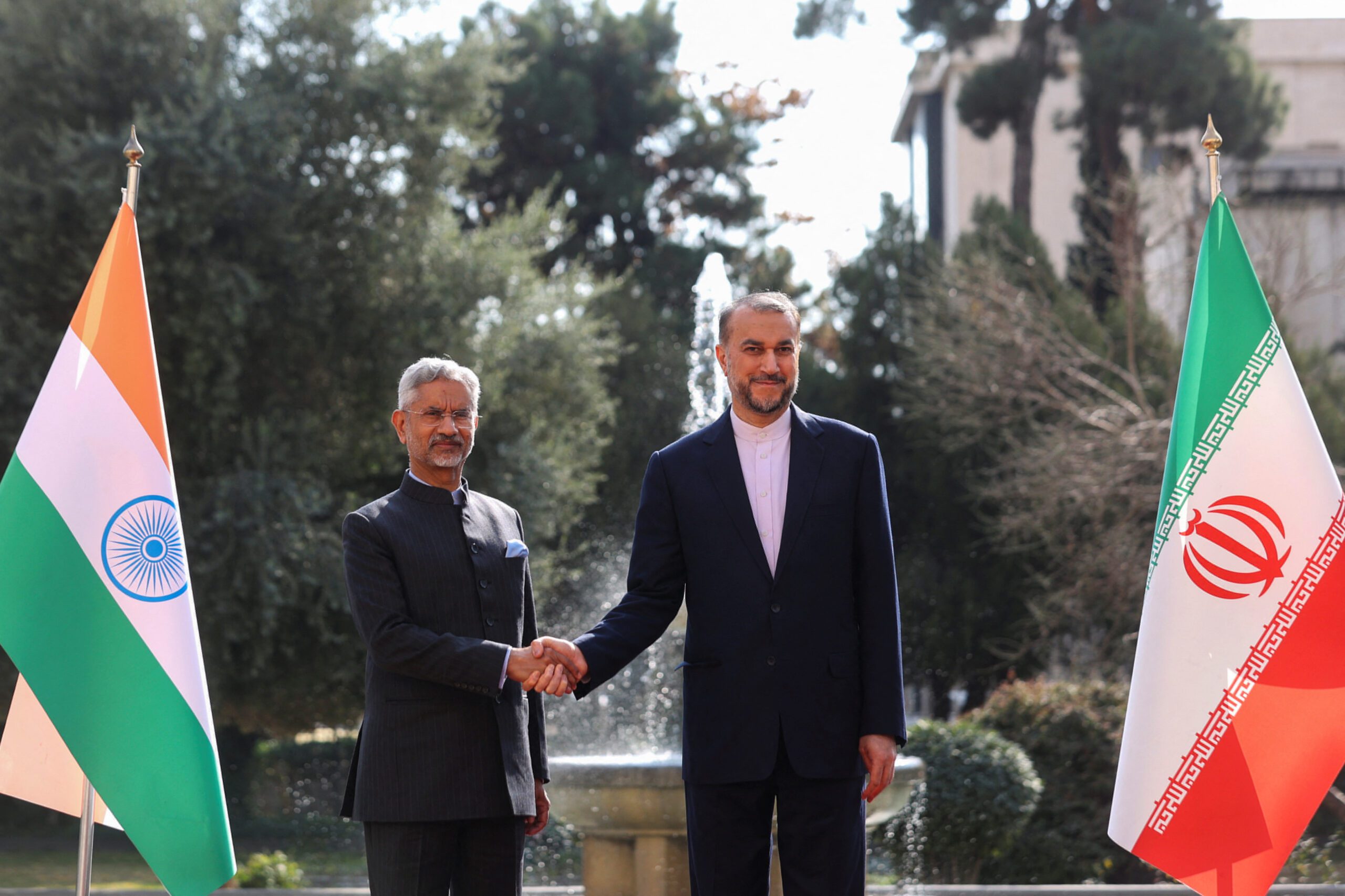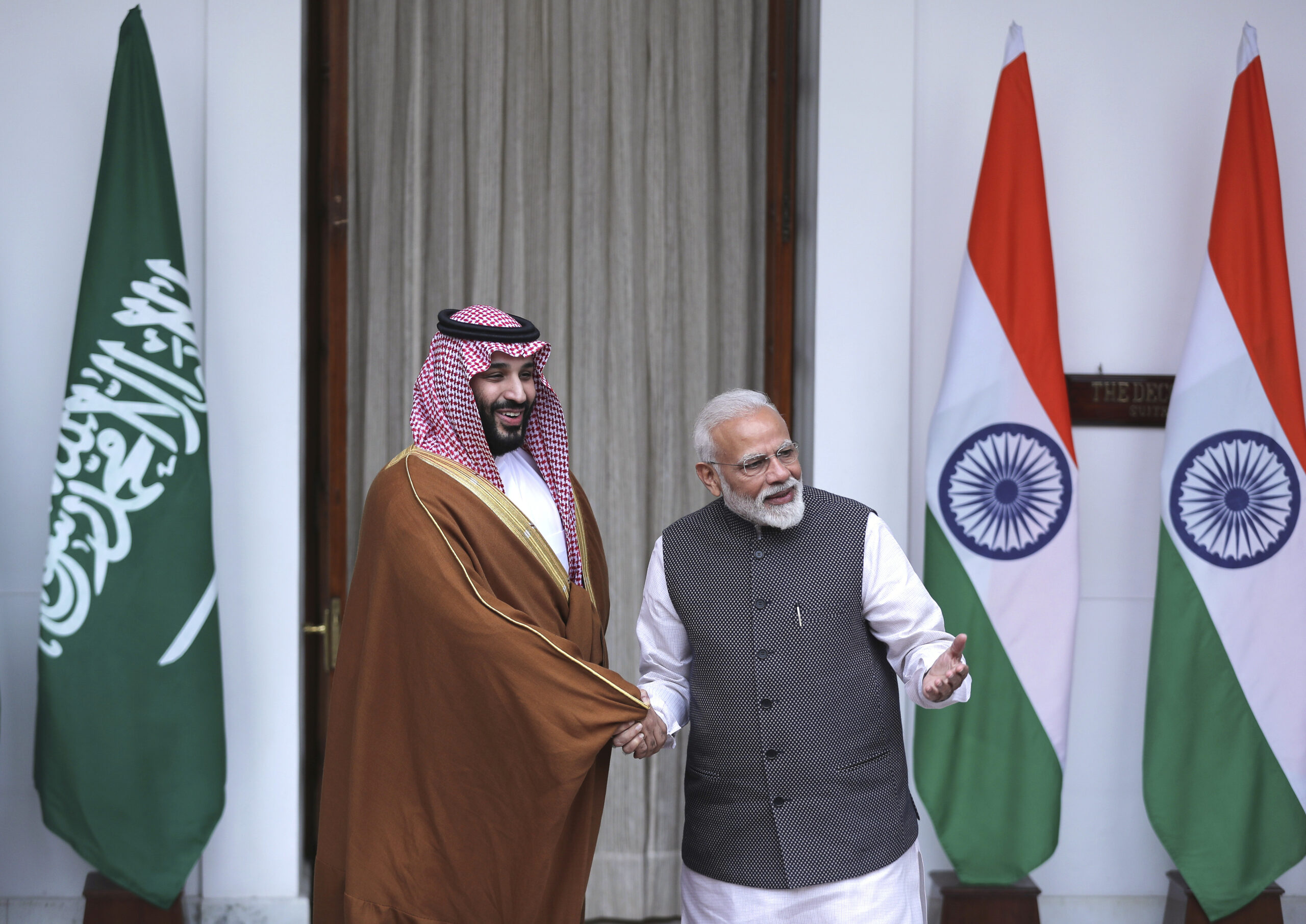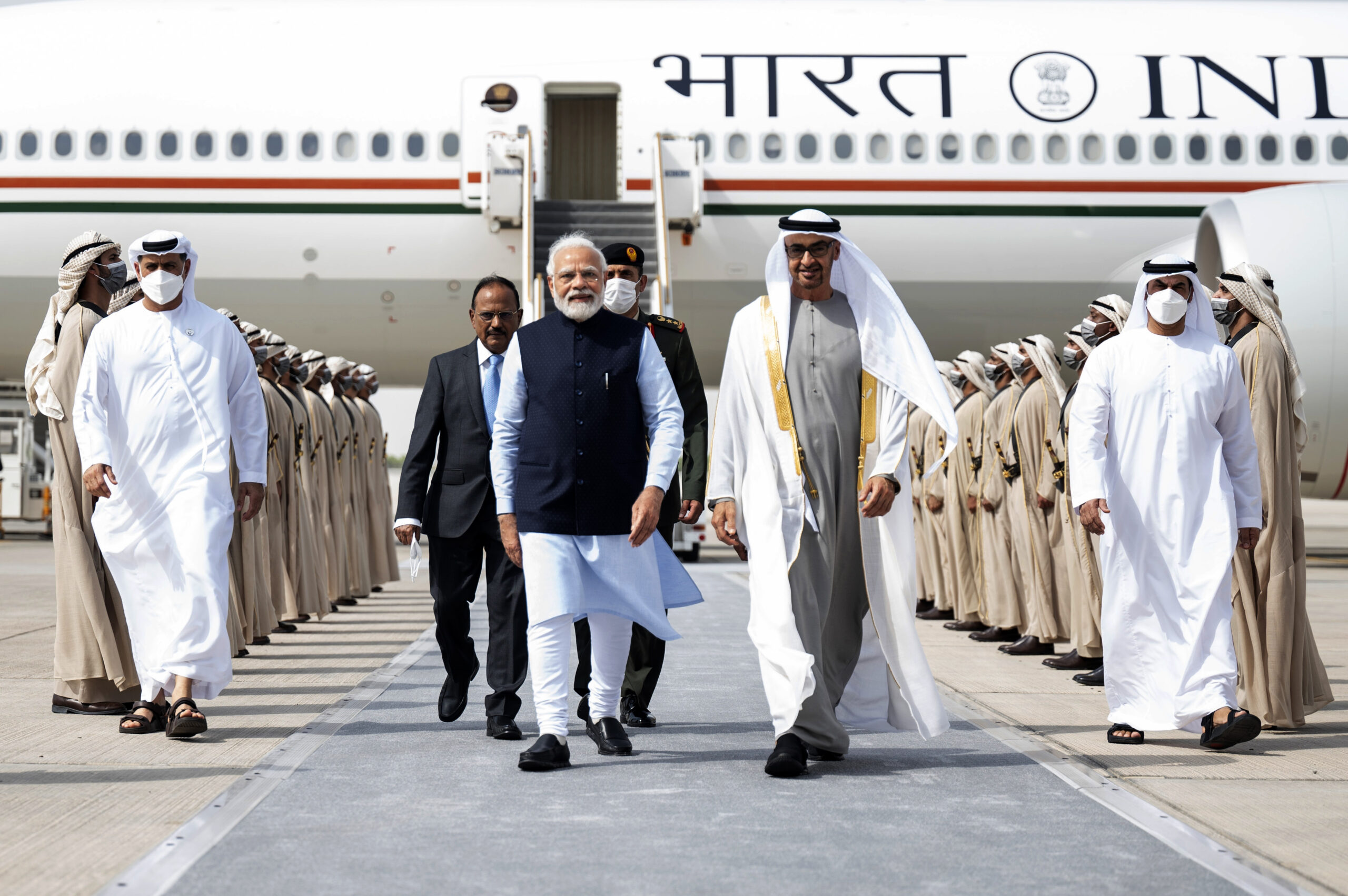Gopi Krishna Bhamidipati earned a PhD from the Planning, Governance, and Globalization Program at Virginia Tech’s School of Public and International Affairs in Arlington, Virginia. His dissertation explored India’s relations with Israel, Iran, and the Gulf Cooperation Council countries. Prior to his doctoral studies, Bhamidipati worked as a journalist in the United Arab Emirates and India.

